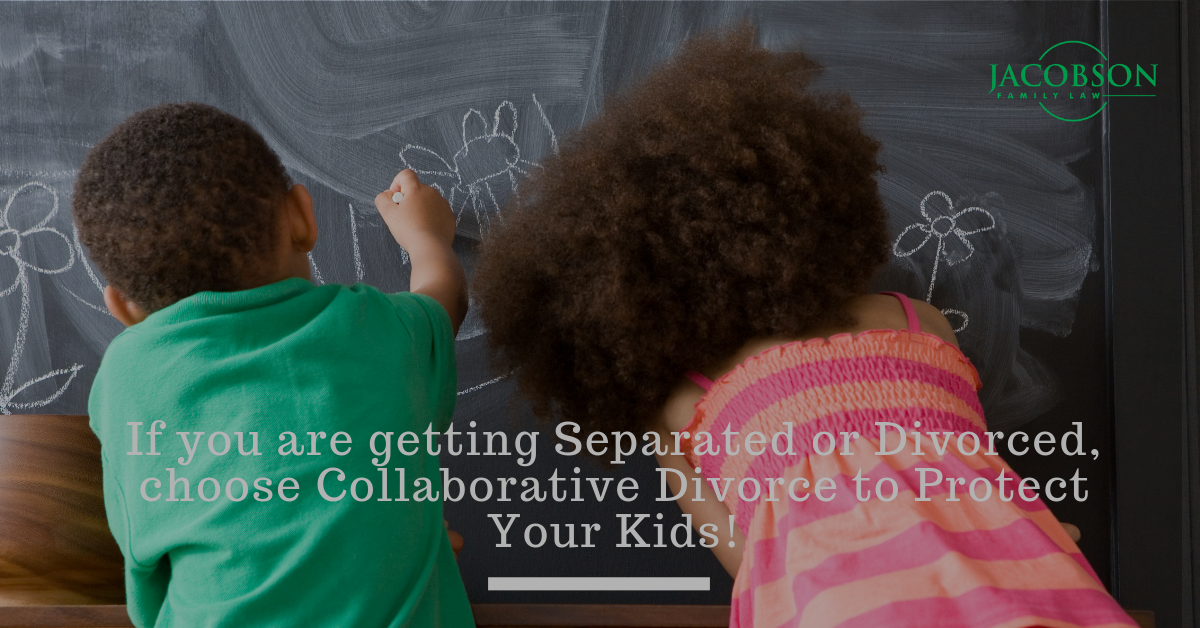
In a contested divorce, you and your spouse will likely spend thousands of dollars and nearly a year exchanging hundreds, if not thousands, of documents having multiple day trials and having to call your friends and family as witnesses to talk badly about your spouse. Fortunately, there is a better way to divorce – collaborative divorce.
What Is Collaborative Divorce?
To begin the collaborative law process, everyone on the “team” must sign a “Participation Agreement” that requires, among other provisions, that everyone acts civilly, respectfully and transparently. It also requires that you and your spouse will have to hire new attorneys if the case becomes contested.
Instead of fighting in court and allowing a judge to decide your family’s future, you and your spouse, as well as your respective collaboratively trained attorneys, will sit down together and decide what issues you need to address to make the best decisions for your family.
Additionally, depending on your specific situation, additional professionals may be part of the collaborative team such as a financial neutral, divorce coaches, a child specialist and possibly even realtors and/or mortgage brokers.
Collaborative Divorce Puts Your Children First
The collaborative divorce process puts your children first because it you and your spouse that know your children and their needs best. Throughout the collaborative divorce process, you and your spouse are the ones to say what questions need to be answered and what decisions need to be made—not the court. You might even decide to do something that a court could never do but you know is best for your children because you’re not limited to what only judges may do.
While sitting in the same room at a conference room table with your estranged spouse can be painful, it is better than having a court, who doesn’t know your family personally, make decisions for you and your children. As parents, you owe it to your children to get beyond your anger, distrust, or whatever other emotions you’re experiencing in your present relationship with your spouse to learn to civilly communicate with one another to discuss and make decisions in the best interests of your family. You may soon be separated and divorced from your spouse, but for the sake of the children, you need to have a good relationship with their other parent.
It is best for your children, whether they are young, teenagers, young adults, or even parents themselves, for you and your former spouse to be able to communicate, work together, and be comfortable while in the same room. The collaborative law process is the surest way of making this possible—you owe it to your children.
Contact an attorney at Jacobson Family Law today to discuss how choosing a collaborative divorce will protect you and your children.




